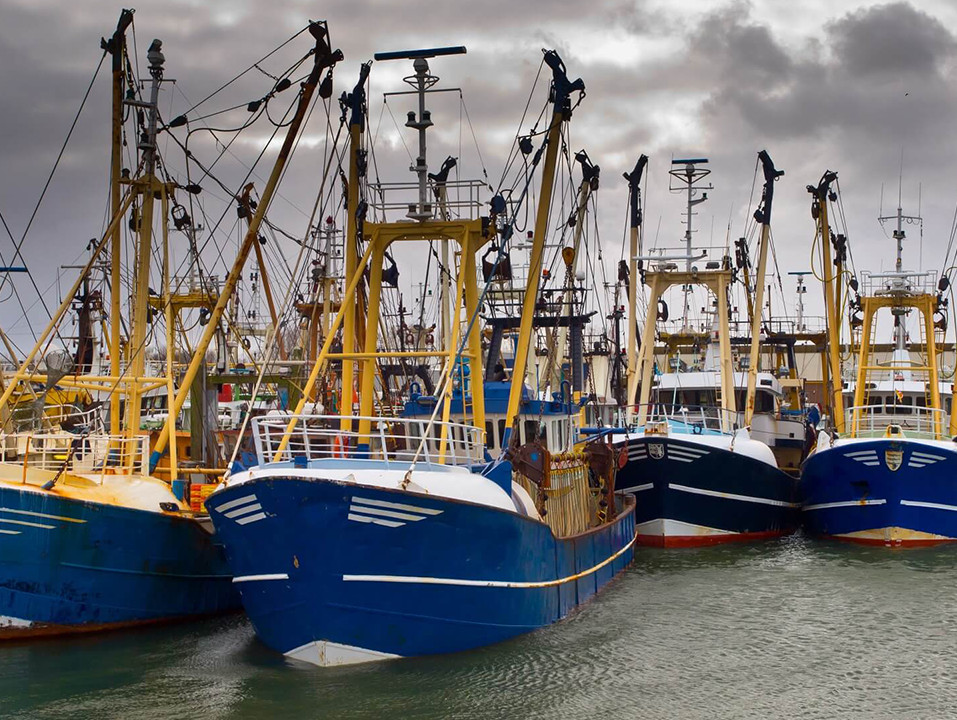
The trawler fisheries is in dire straits. After two difficult coronary years, in which the fishery was hit by falling prices and turnover, high fuel costs are causing problems in many cases. About a third of fishermen expect to run into liquidity problems as a result, according to research by ABN AMRO. The road to recovery from the corona crisis is still a long way off. Opportunities for the fishing industry are also being further restricted, partly as a result of the brexit and the expansion of offshore wind farms. For example, the brexit has resulted in a new distribution of fishing rights. For Dutch fishermen this means that they are allowed to fish less than before the brexit. In addition, the fishing grounds are more limited and an expansion of wind farms at sea will eventually cause additional restrictions.
Demand will level off in the short term, but the need for fish products will increase in the longer term
The government is aware of these challenges. It wants to bring the size of the trawler fleet into line with the reduced fishing opportunities and has made money available for this purpose. Brussels approved a budget of 155 million to rationalise the fleet. Fishermen have received this with mixed feelings and for some the help has come too late. ABN AMRO expects the fleet to shrink by 10 to 15 per cent in the next five years.
Although demand for fish is now at a good level, the lower purchasing power at the end of 2022 will have a negative impact on it, ABN AMRO expects. Consumers will be more price-conscious and may have less money to spend on restaurants or other food outlets. In the longer term, the demand for fish in the Netherlands and other EU countries will increase slightly. Fish is considered healthy and can serve as an alternative for the growing group of 'flexitarians' or consumers who want to eat less meat. However, ABN AMRO expects the fleet to shrink over the next few years. "The government also wants the trawler fleet to become not only smaller but also more sustainable. To achieve that, innovation is crucial. It is important, however, that fishermen are aware of the fishing techniques that will still be permitted in future," says Jan de Ruyter, Sector Banker at ABN AMRO. "The willingness to innovate is certainly there. A lot has already been invested in making the fleet more sustainable. Limiting seabed disturbance and increasing selective fishing are examples of this. In this respect, the government can still increase the future prospects. Fishermen must be given room to manoeuvre, for example by experimenting with wind farms and new sustainable fishing techniques. It is important that they can rely on being able to recoup their investments and that financing and incentives remain available.
Source: ©ABN AMRO